flux
Removes blue light from screen so that you can use your screens before bed without them keeping your mind alert.
website ios
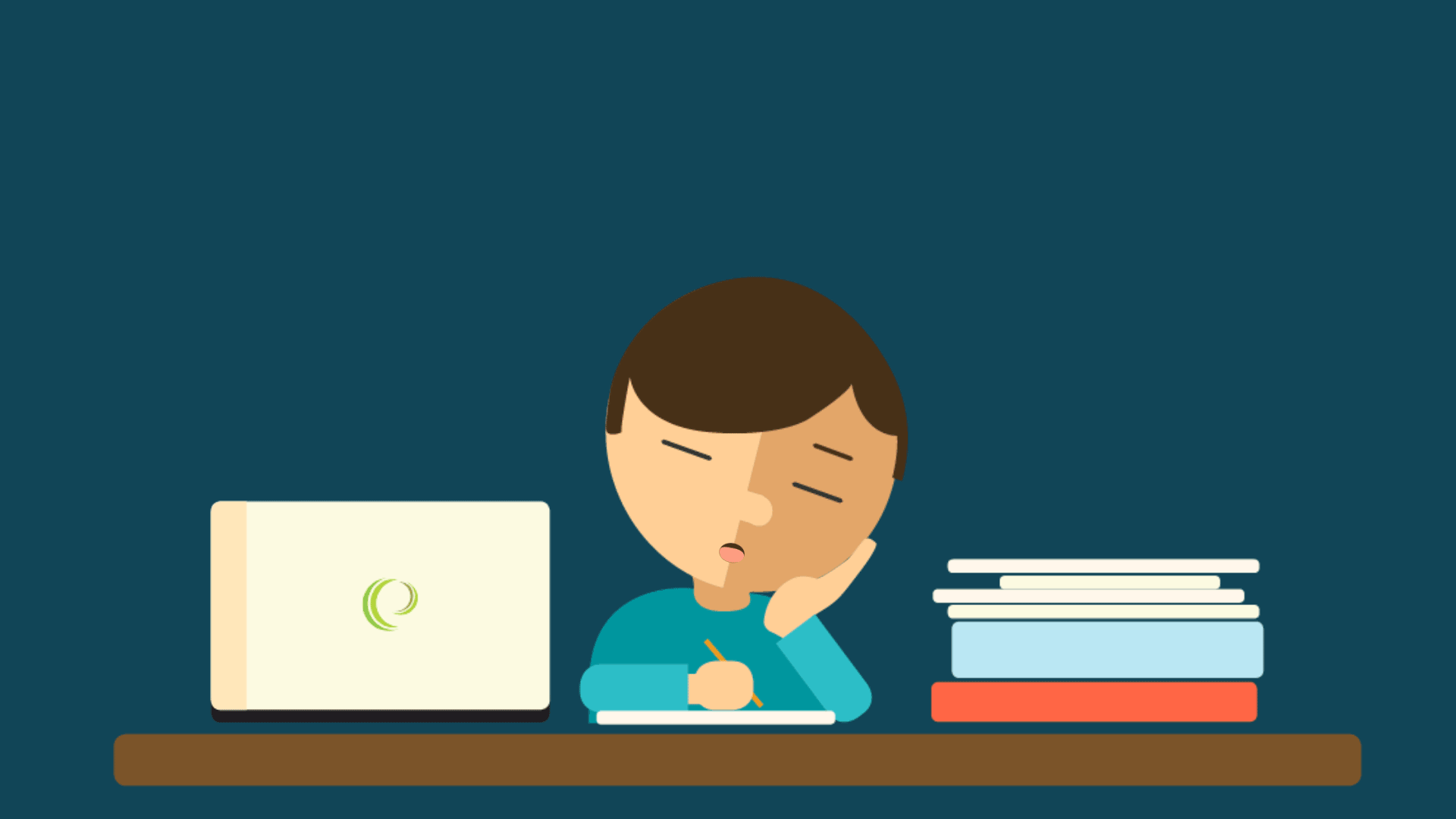
Many students sacrifice sleep to get good grades, but research shows students who sleep more get better grades.
Sleep deprivation decreases the qualities required for maximizing learning potential, such as recall, concentration, alertness, decision making and general brain function. A health survey in University
of Georgia found that 1 in 4 students indicated that lack of sleep impacted their academic performance in a negative way. This includes lower grades, missed papers or project deadlines and even withdrawal from class. Some students rely on all-nighters to complete their work, but cramming at the last minute can actually be quite counterproductive.
The impact of sleep deprivation can go beyond lower GPA into further consequences to almost every aspect of our health and wellbeing.
Our ability to fight off infections decreases leaving us prone to upper respiratory infections, e.g. cold/flu. Worsening chronic lung and heart disease and high blood pressure is also associated with lack of sleep. Plus an increase in the hormones that create hunger for high calorie foods which leads to weight gain.
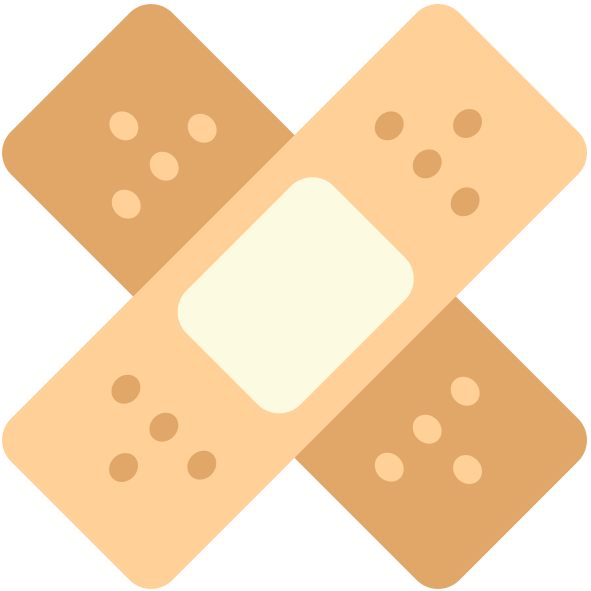
Lack of sleep can result in tension, irritability, depression, anxiety, confusion and generally lower life satisfaction. Many studies have researchers stating that sleep deprivation is directly linked to high suicide rates in students. It is also an underlying component of many mood disorders such as anxiety, depression and bipolar disorder.

Sleep deprivation is used in religious cults because it reduces your decision making ability so that you are open to persuasion. This heightens risky behavious such as taking risks while driving, with substances and even with sexual activity. It also leaves you more likely to cause vehicle accidents.


Having the same bedtime and waketime everyday has proven to be one of the most effective ways to have quality sleep. Try to be disciplined and get up at the same time everyday, regardless of the amount of sleep acquired.
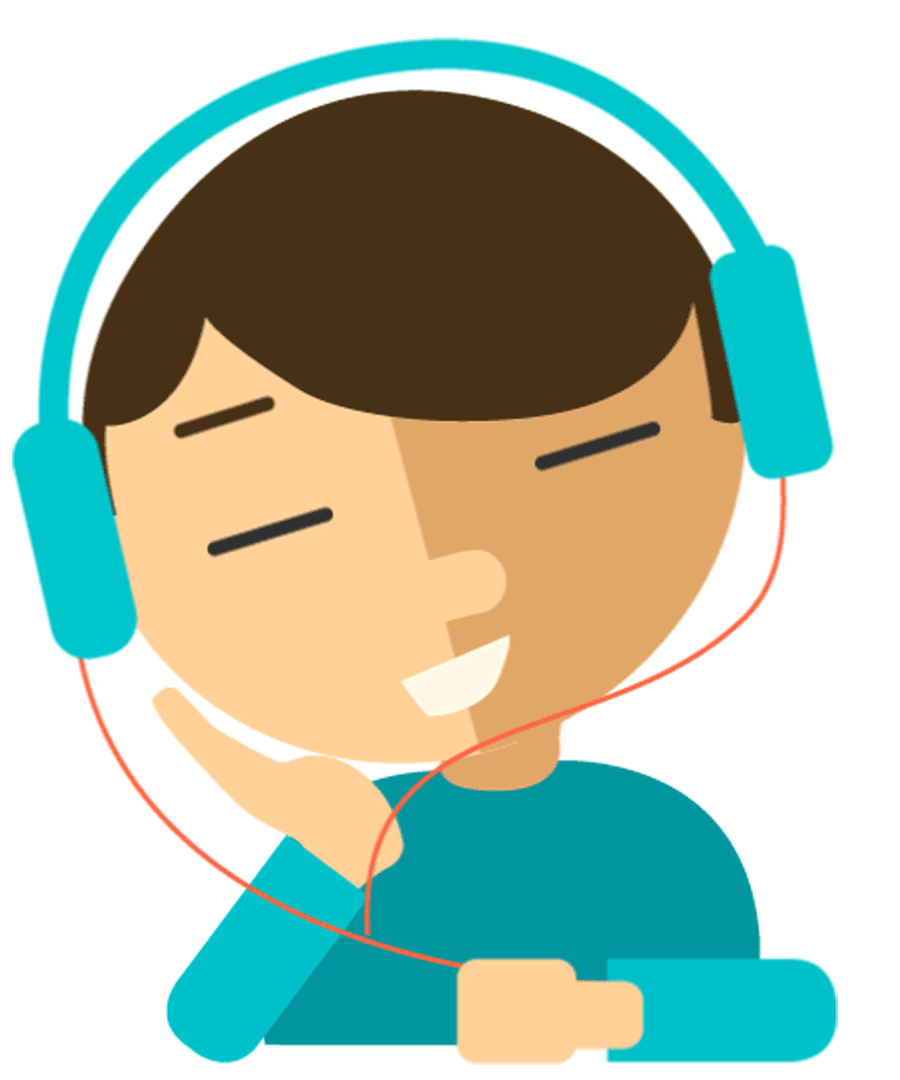
An alert mind makes it difficult to sleep. The blue light from screens (on laptops, phones, tablets etc.) keep your mind alert. Slow the pace of actitivites in the hour before sleep. Try some light reading, listening to music or preparing for the next day.
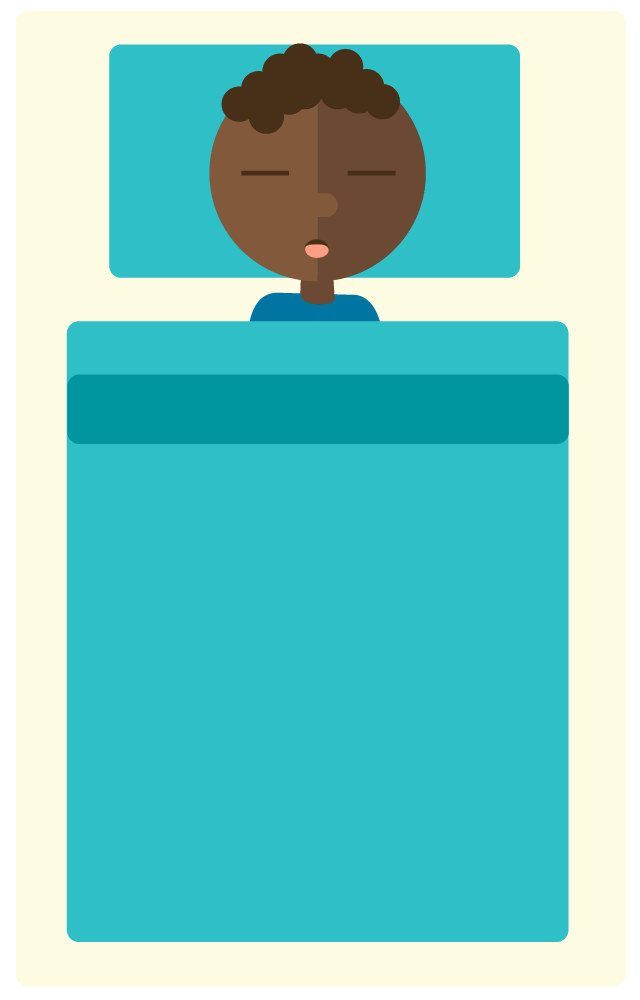
Trick your body to associate the bed with sleep. Only use the bed for sleep and sex. If you can't sleep after 10 minutes of lying in your bed, get up and do something else in another room and return when you feel more tired.
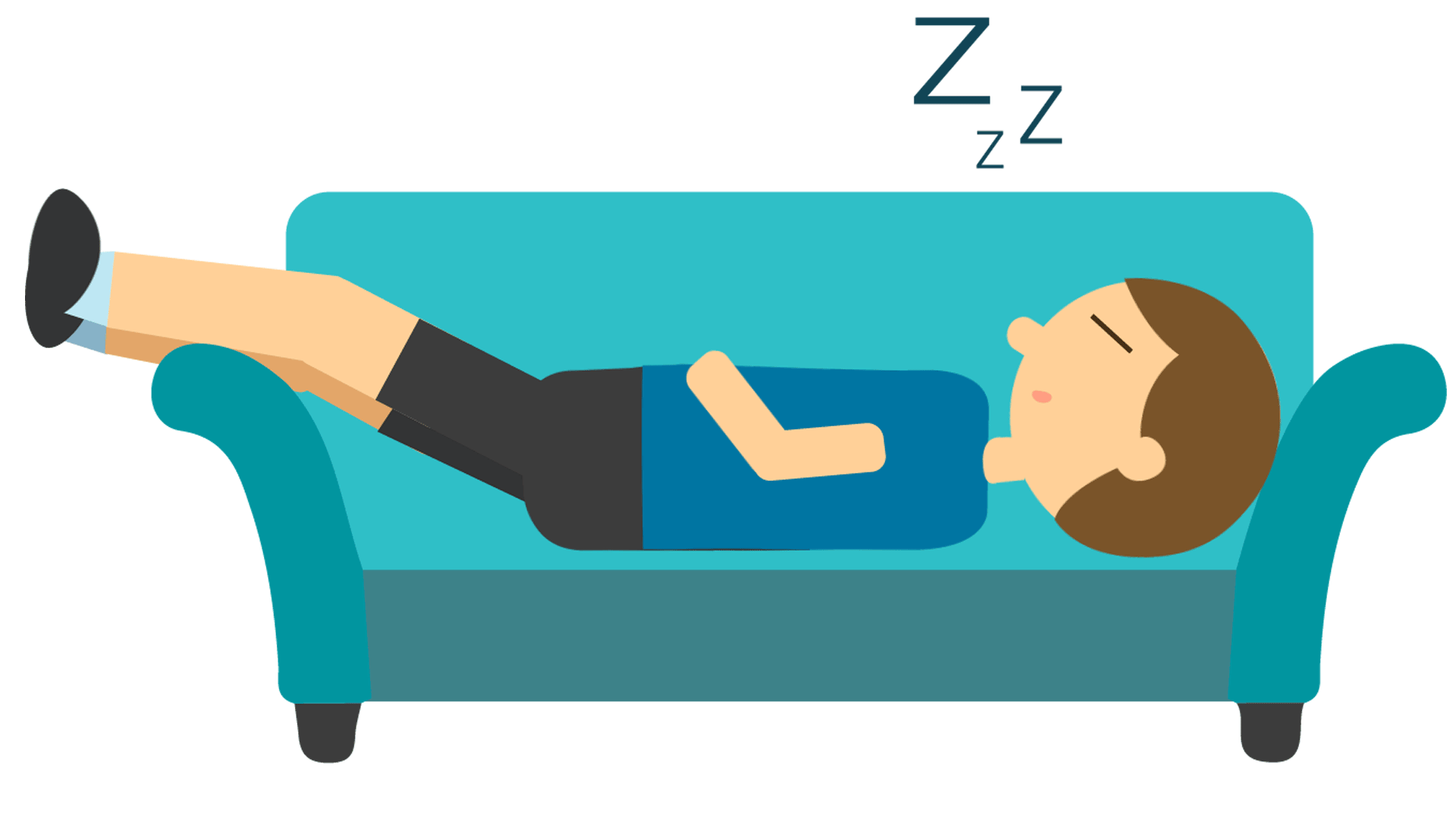
The experts advise against naps, but if you must then nap for less than 30 minutes before 2pm. It can be quite refreshing, especialy through that afternoon slump.
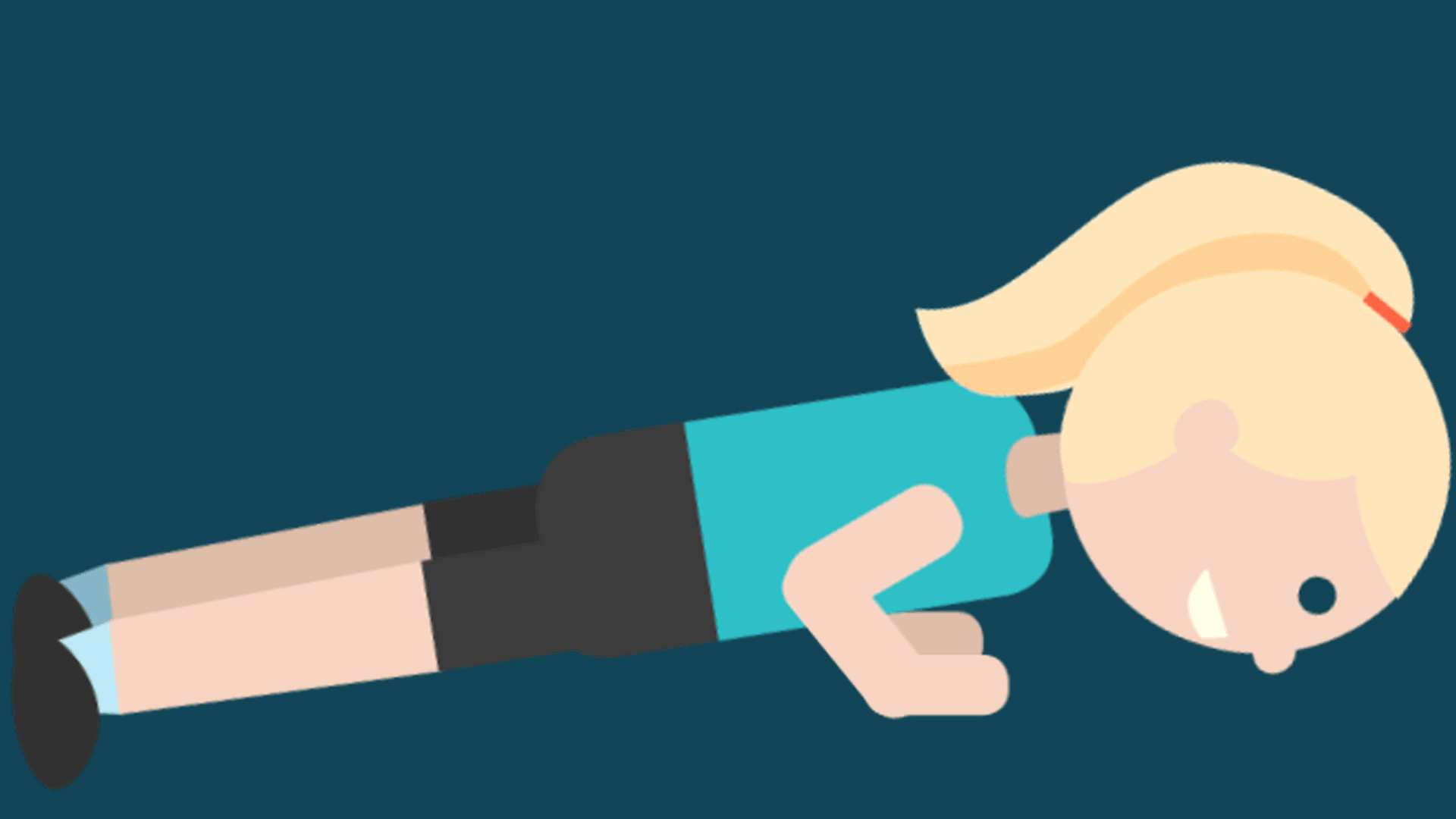
20-30 minutes of vigorous physical activity enhances deep sleep, but do not exercise after 9pm as it keeps the body awake.

That’s right, taking caffeine (or nicotine) after 6pm can reduce the duration of deep sleep and total sleeptime.

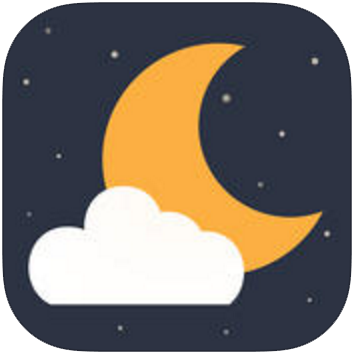

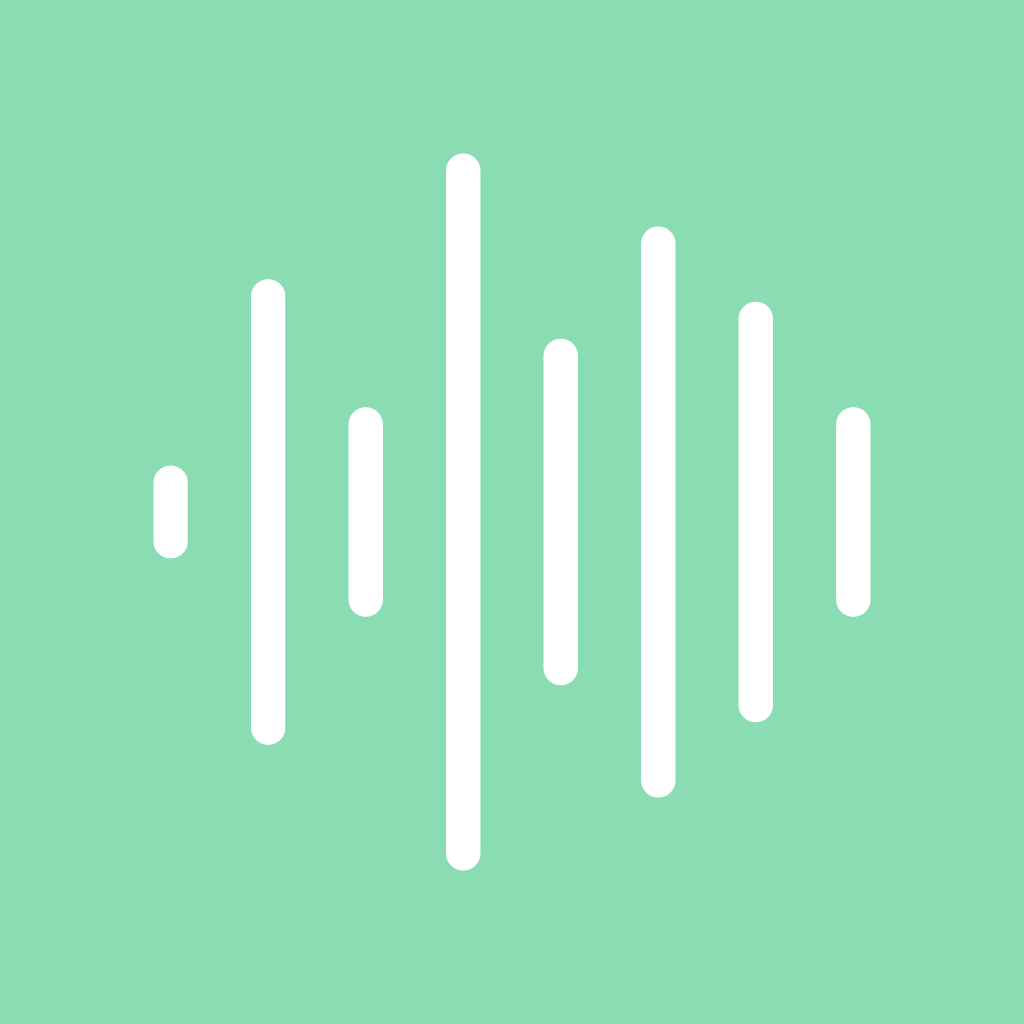
Lack, L. (1986). Delayed Sleep and Sleep loss in University Students. Journal Of American College Health, 35(3), 105-110. http://dx.doi.org/10.1080/07448481.1986.9938970
Pilcher, J., Ginter, D., & Sadowsky, B. (1997). Sleep quality versus sleep quantity: Relationships between sleep and measures of health, well-being and sleepiness in college students. Journal Of Psychosomatic Research, 42(6), 583-596. http://dx.doi.org/10.1016/s0022-3999(97)00004-4
HICKS, R., FERNANDEZ, C., & PELLEGRINI, R. (2001). THE CHANGING SLEEP HABITS OF UNIVERSITY STUDENTS: AN UPDATE. Perceptual And Motor Skills, 93(3), 648-648. http://dx.doi.org/10.2466/pms.2001.93.3.648
Buboltz, W., Brown, F., & Soper, B. (2001). Sleep Habits and Patterns of College Students: A Preliminary Study. Journal Of American College Health, 50(3), 131-135. http://www.researchgate.net/profile/Franklin_Brown/publication/11593058_Sleep_habits_and_patterns_of_college_students_a_preliminary_study/links/09e4150e5e788f0fea000000.pdf
Brown, F., Buboltz, W., & Soper, B. (2002). Relationship of Sleep Hygiene Awareness, Sleep Hygiene Practices, and Sleep Quality in University Students. Behavioral Medicine, 28(1), 33-38. http://www.researchgate.net/profile/Franklin_Brown/publication/11146301_Relationship_of_sleep_hygiene_awareness_sleep_hygiene_practices_and_sleep_quality_in_university_students/links/02e7e52e8564428a9c000000.pdf
Brown, F., & Buboltz, W. (2002). Applying sleep research to university students: Recommendations for developing a student sleep education program. Journal Of College Student Development, 43(3), 411-416. Retrieved from http://ezlibproxy.unisa.edu.au/login?url=http://search.proquest.com.access.library.unisa.edu.au/docview/195179600?accountid=14649
Tsai, L., & Li, S. (2004). Sleep patterns in college students: Gender and grade differences. Journal Of Psychosomatic Research, 56(2), 231-237. http://dx.doi.org/10.1016/S0022-3999(03)00507-5
Buboltz, W., Jenkins, S., Soper, B., Woller, K., Johnson, P., & Faes, T. (2009). Sleep Habits and Patterns of College Students: An Expanded Study. Journal Of College Counseling, 12(2), 113-124. http://dx.doi.org/10.1002/j.2161-1882.2009.tb00109.x
Kang, J., & Chen, S. (2009). Effects of an irregular bedtime schedule on sleep quality, daytime sleepiness, and fatigue among university students in Taiwan. BMC Public Health, 9(1), 248. http://dx.doi.org/10.1186/1471-2458-9-248
Eliasson, A., Lettieri, C., & Eliasson, A. (2009). Early to bed, early to rise! Sleep habits and academic performance in college students. Sleep And Breathing, 14(1), 71-75. http://dx.doi.org/10.1007/s11325-009-0282-2
Lund, H., Reider, B., Whiting, A., & Prichard, J. (2010). Sleep Patterns and Predictors of Disturbed Sleep in a Large Population of College Students. Journal Of Adolescent Health, 46(2), 124-132. http://dx.doi.org/10.1016/j.jadohealth.2009.06.016
Taylor, D., & Bramoweth, A. (2010). Patterns and Consequences of Inadequate Sleep in College Students: Substance Use and Motor Vehicle Accidents. Journal Of Adolescent Health, 46(6), 610-612. http://dx.doi.org/10.1016/j.jadohealth.2009.12.010
Orzech, K., Salafsky, D., & Hamilton, L. (2011). The State of Sleep Among College Students at a Large Public University. Journal Of American College Health, 59(7), 612-619. http://dx.doi.org/10.1080/07448481.2010.520051
Kenney, S., LaBrie, J., Hummer, J., & Pham, A. (2012). Global sleep quality as a moderator of alcohol consumption and consequences in college students. Addictive Behaviors, 37(4), 507-512. http://dx.doi.org/10.1016/j.addbeh.2012.01.006
Lopes, E., Milheiro, I., & Maia, A. (2013). Sleep quality in college students: a study about the contribution of lifestyle, academic performance and general well-being. 5Th World Congress On Sleep Medicine, 14(1), 185. http://dx.doi.org/10.1016/j.sleep.2013.11.437
Pfaff, C. (2013). Sleep Habits and Caffeine Use in College Students: A Convenience Sample (M.S.). Kent State University College and Graduate School of Education, Health, and Human Services. Retrieved from https://etd.ohiolink.edu/!etd.send_file?accession=kent1374513108
A College Student’s Guide to Sleep. Mississippi. Retrieved from http://www.mc.edu/success/files/6513/8541/1634/Guide_to_Sleep.pdf
University of Michigan | Student Life,. (2012). Successful Students Tend to Sleep More | Parents and Families. Retrieved 9 October 2015, from https://studentlife.umich.edu/parents/article/successful-students-tend-sleep-more
Brown University | Health Promotion,. Sleep | Brown University Health Education. Retrieved 9 October 2015, from http://www.brown.edu/Student_Services/Health_Services/Health_Education/common_college_health_issues/sleep.php
Richter, R. (2015). Among teens, sleep deprivation an epidemic. Stanford Medicine - News Centre. Retrieved 9 October 2015, from http://med.stanford.edu/news/all-news/2015/10/among-teens-sleep-deprivation-an-epidemic.html
Stroka, J. (2015). There's a Reason Why Sleep Deprivation Is Classified As a Form of Torture. The Huffington Post. Retrieved 8 October 2015, from http://www.huffingtonpost.com/jackie-stroka/theres-a-reason-why-sleep-deprivation-is-classified-as-a-form-of-torture_b_8188090.html?ir=Australia
Lahey, J. (2014). What Do Students Need Most? More Sleep. Motherlode Blog. Retrieved 8 October 2015, from http://parenting.blogs.nytimes.com/2014/01/15/what-do-students-need-most-more-sleep
Noell, M. (2014). Study: 60% of college students not getting sufficient sleep. Wmbfnews.com. Retrieved 8 October 2015, from http://www.wmbfnews.com/story/26445205/study
Student.unsw.edu.au,. Sleep Smart | UNSW Current Students. Retrieved 12 October 2015, from https://student.unsw.edu.au/sleep-smart
Uhs.uga.edu,. University Health Center | Sleep. Retrieved 12 October 2015, from https://www.uhs.uga.edu/sleep